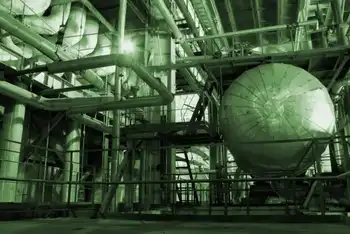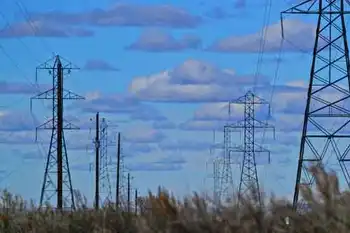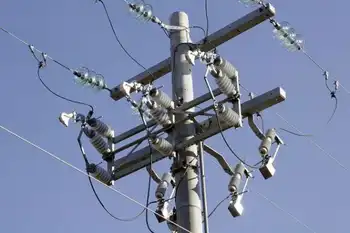Coal plant closer to 2025 shutdown target
By Seattle Post Intelligencer
Arc Flash Training CSA Z462 - Electrical Safety Essentials
Our customized live online or in‑person group training can be delivered to your staff at your location.

- Live Online
- 6 hours Instructor-led
- Group Training Available
The House overwhelmingly approved Senate Bill 5769, which would shut down one of two boilers at the TransAlta plant by 2020 and phase out coal-burning by 2025. In Oregon, Portland General Electric plans to close that state's only coal-fired power plant by the end of 2020.
TransAlta, state officials and environmental groups negotiated a deal last month to close the plant in Centralia, about 85 miles south of Seattle. The measure requires the Canada-based company to provide $55 million for economic development and other assistance, and to install additional air pollution controls to further reduce emissions of nitrogen oxides at the plant.
In exchange, TransAlta would be allowed enter into long-term agreements to sell its electricity to other utilities, which is currently prohibited by state law.
Lawmakers in the House made mostly technical changes to the bill, which passed by an 87-9 vote. It now goes back to the Senate for approval, but is expected to pass the Legislature.
"This is a great milestone," said Doug Howell, campaign director of the Sierra Club's Coal-free Washington campaign. He said the bill would reduce the harm to human health and the environment from coal pollution.
KC Golden, policy director with Climate Solutions, said the bill is an example of all parties agreeing to make the transition away from coal. "I'm delighted that it's going to happen in a way that gives everybody time to make the right investments."
The TransAlta facility is the state's top point source of greenhouse gases, toxic mercury and nitrogen oxide, and second in sulfur dioxide that causes acid rain.
The company had been under pressure this session to shut down the facility as early as 2015. TransAlta had said it needed time to develop other renewable energy, to decommission the facility and to allow half of its workers to reach retirement age.
Rep. Ed Orcutt, R-Kalama, voted against the bill, saying before the vote that he didn't like that the company was forced to the negotiating table. "Who is going to be the next target of the environmental community?" Orcutt asked.
But Rep. Gary Alexander, R-Olympia, called it a good compromise between environmental stewardship and responsibility to the company as well as the community.
"It gives some predictability to addressing the conversion," he said.











